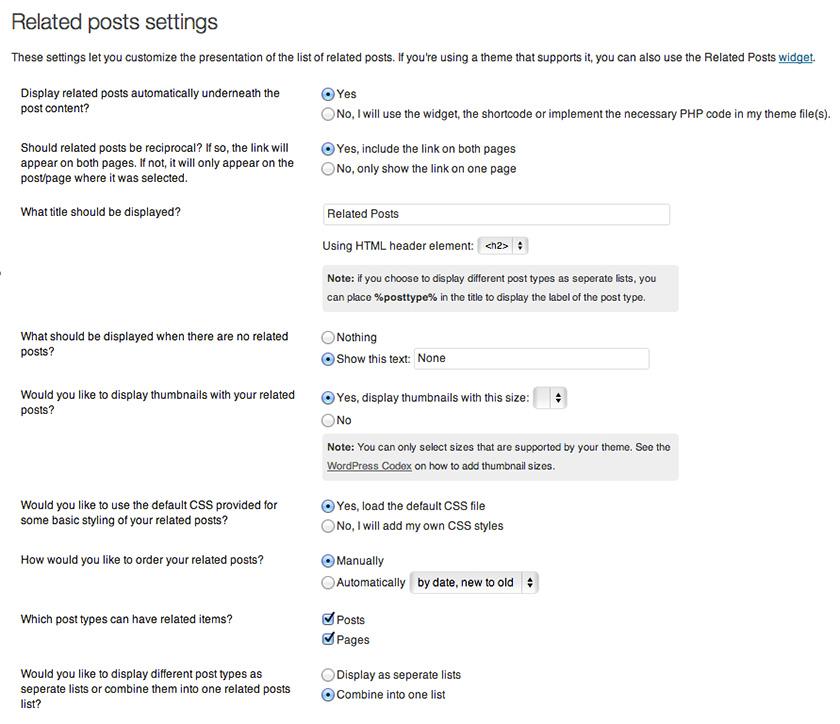Renewed Clashes Jeopardize Fragile Peace Prospects in the Democratic Republic of Congo
The Democratic Republic of Congo (DRC), located in the heart of Central Africa, is at a critical crossroads as escalating violence threatens to undermine delicate peace negotiations involving the Congolese government, Rwandan officials, and the M23 rebel group. Recent outbreaks of conflict in eastern provinces have intensified humanitarian distress and cast a shadow over diplomatic efforts aimed at stabilizing a region long plagued by unrest. With international stakeholders closely monitoring these developments, the imperative to achieve lasting peace has never been more urgent. This article explores the shifting landscape of peace talks, assesses how renewed hostilities hinder diplomatic progress, and outlines potential strategies for reconciliation amid ongoing instability.
Rising Violence Disrupts Tentative Peace Agreements
The eastern regions of the DRC have experienced an alarming increase in armed confrontations that threaten to unravel fragile accords between government forces, representatives from Rwanda, and M23 insurgents. The surge in fighting has led to widespread civilian displacement as thousands are forced to abandon their homes amidst escalating attacks.
- Renewed Armed Engagements: Intense clashes between Congolese military units and M23 fighters have been particularly pronounced in North Kivu province.
- Deteriorating Humanitarian Situation: The conflict exacerbates existing challenges such as food shortages and limited healthcare access for vulnerable populations.
- Growing International Alarm: Regional bodies alongside global powers are calling for immediate de-escalation while urging all parties to honor negotiation frameworks.
This recent spike threatens to derail initiatives addressing deep-seated grievances that have fueled decades-long turmoil. Experts warn that without swift stabilization measures, trust among key actors may erode irreversibly-jeopardizing any prospects for meaningful compromise or reconciliation.
| Date | Location | Civilian Impact | Description |
|---|---|---|---|
| March 15, 2024 | Beni | 20 fatalities; dozens wounded | M23 militants clashed with Congolese troops near residential neighborhoods causing significant destruction. |
| March 18 ,2024< / td > | Goma< / td > | Over100 displaced civilians< / td > | Shelling incidents near marketplaces triggered panic among local residents.< / td > tr > |
| March20 ,2024< / td > | Butembo< / td > | 7 deaths reported< / td > | Attack on commercial hubs linked with rising tensions between factions.< / td >
tr >
The Diplomatic Consequences: How Renewed Fighting Undermines Peace EffortsThe resurgence of violence connected with the M23 rebellion presents formidable obstacles for diplomatic channels working toward conflict resolution. Early optimism voiced by international mediators-including organizations like the African Union (AU) and United Nations (UN)-has been dampened by repeated ceasefire violations that erode mutual trust among negotiating parties. This breakdown complicates mediation significantly because effective diplomacy relies heavily on confidence-building measures which become nearly impossible when hostilities continue unabated. Key ramifications include:
A Comprehensive Strategy: Reinforcing Peace Processes Amid Persistent ConflictTackling entrenched instability demands multifaceted approaches focused on maintaining dialogue while simultaneously curbing violence across Eastern Congo’s volatile terrain. Essential components include:
|

